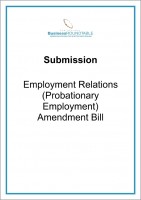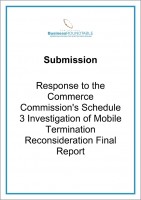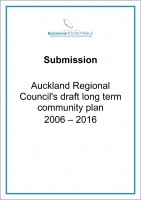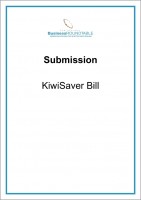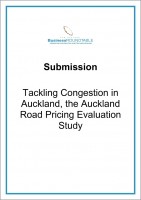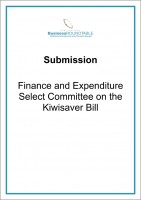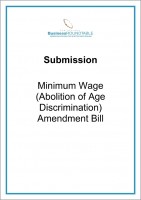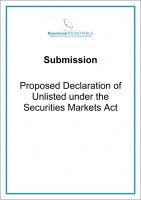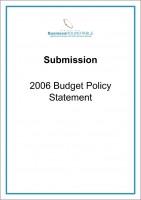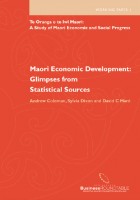
School Choice: The Three Essential Elements and Several Policy Options
The three essential elements of successful school choice policies are: the freedom to open, expand and close schools in response to increased or reduced demand; funding following the student, putting all schools on the same footing; and independent management, so that schools are free to innovate in areas such as teaching practices, teacher pay, and school organisation. The report draws on a wide range of evidence including a study of the impact of Chicago’s charter schools on the environment. Read more




